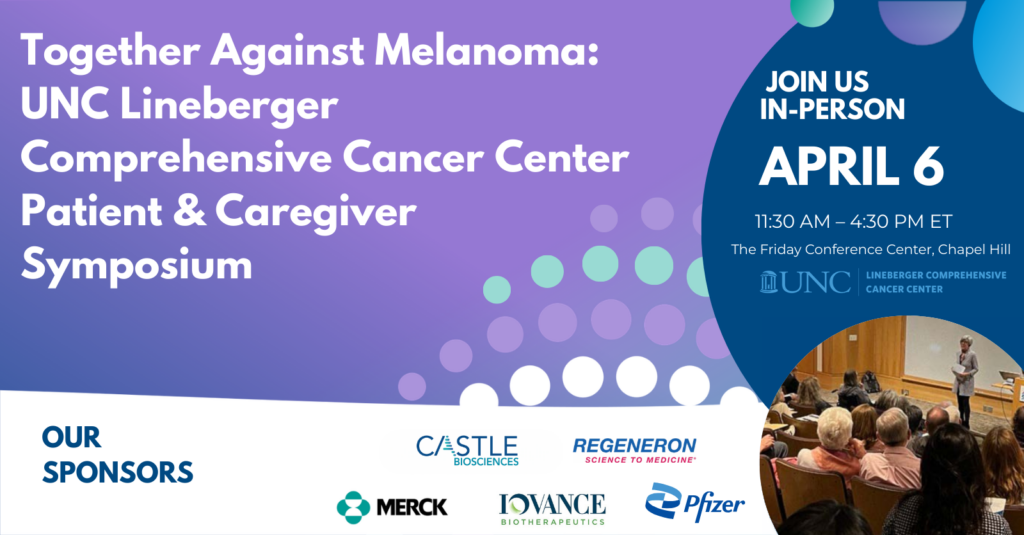
Leveraging GSDMD-Mediated Pyroptosis as a Therap...
Dan Erkes‘s Abstract Melanoma is the most lethal skin cancer, leading to an estimated 8,290 deaths and 100,640 new cases in 2024. Melanoma was traditionally ...

Dan Erkes‘s Abstract Melanoma is the most lethal skin cancer, leading to an estimated 8,290 deaths and 100,640 new cases in 2024. Melanoma was traditionally ...

Daniel Hirschhorn‘s Abstract Immunotherapy has greatly improved survival for people with melanoma, but many patients also experience harmful side effects wh...

Kenneth Hu‘s Abstract Immunotherapies including immune checkpoint blockade (ICB) have seen remarkable success in the clinic. Unfortunately, many patients with late-st...

Mathieu Desaunay‘s Abstract Skin cancer is one of the most common types of cancer, with melanoma being the deadliest form. In the United States, approximately 104,9...

Mona Foth‘s Abstract Acral and mucosal melanomas(A&MM) are rare but aggressive types of melanoma, making up less than 5% of all cases. Unlike the more common typ...

Pietro Berico’s Abstract Prolonged sun exposure combined with other multi-factorial cues can transform skin’s melanocytes into melanoma cells characterized by uncon...

Weili Ma’s Abstract When cancer cells metastasize to the brain, the diagnosis becomes terminal. In melanoma brain metastasis, patients are only given months to live. ...

Michael Heiferman’s Abstract Uveal Melanoma (UM), a deadly cancer arising in the eye, is the most common eye cancer in adults. Early detection of UM is important due ...

Korbinian Kropp’s Abstract A major reason that T cell-based melanoma immunotherapies can fail, either initially or after a period of treatment, is due to mutations th...

Sarwish Rafiq’s Abstract Metastatic melanoma is one of the most aggressive, and complex cancers with a 35% 5-year survival rate. Therapies using T cells that are gene...

Prashanthi Dharanipragada’s Abstract For decades, cancer initiation and progression are thought to occur gradually through small mutational changes in its DNA. After ...

Devarati Mitra’s Abstract Patients with mucosal melanoma are likely to have poor outcomes with current standard-of-care treatment options. The reasons are multifactor...



Apr 06, 2026 ET

Apr 17, 2026 ET - Apr 19, 2026
